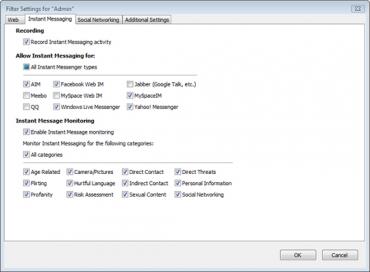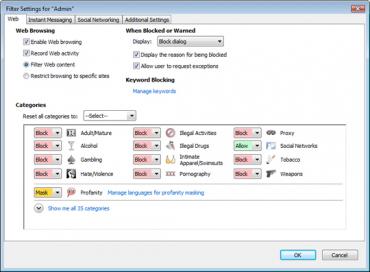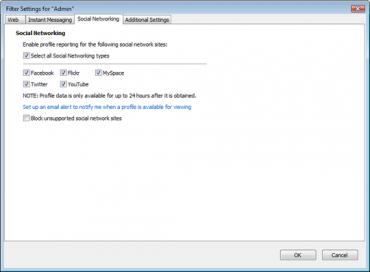 Protecting Your Children from Cyberbullying
Protecting Your Children from Cyberbullying
Social networks and online gaming are popular places for human interaction, but each has the potential to become an arena for electronic aggression, also known as cyberbullying. Cyberbullying does not only threaten the peace of mind of adults, but, first and foremost, may pose a great danger to children, whose mind is not yet completely formed, and whose lack of life experience makes it impossible for them to distinguish truth from falsehood.
Unlike the usual schoolyard bully, cyberbullies do not need to be nearby physically and can reach their “targets†any time they want. Different kinds of stealing someone's online name, photos, as well as recording conversations for spreading nasty rumors and comments are sadly very common nowadays. The victim has no place to hide from their pursuers. They have no other way than to turn off all their devices, before reading messages like “Everyone hates you†causes them to fall into depression.
According to different surveys, as many as half of all teenagers have been bullied online.
How can we help our children?
As your children get older, they keep more and more to their own secrets, and often are afraid to discuss problems with adults. To protect your child on a network, you can let him/her know that you will be monitoring their online activities by using one of the parental control programs. These programs block unsafe websites, monitor all e-mail and chat conversations, as well as control access to games. It is very easy for parents to set how much their children should spend online and get alerts whenever they try to log in to unsuitable websites or use/read offensive words in their e-mails, chat conversations etc.
Take for example the “Net Nanny†program. First of all, there are 35 categories of filters for web browsing.
Secondly, you can select all the popular instant messaging applications and set different kinds of filters for messages that your children send and receive.
 Instant messenger filter settings
Instant messenger filter settings
Additionally, you can specify accessible social networks:
What's most important for every caring parent, all activities on the Web can be recorded, and screenshots of the desktop can be done at set periods of time. Finally, parents can control the program remotely, specifying passwords, getting alerts of any problem on their e-mail immediately.
Trust your child. Solve the problems together.
However, it's unreasonable to rely on a program wholly. In the end, the program does its job, and then you're to act on your own: once you get an annoying alert, you should try discussing the problem with your child to understand in time whether they're in trouble and find ways to resolve the problem.
You should know that:
- Some programs allow automatic documenting and reporting of cyberbullying to adults.
- All popular social networks prohibit spam, pornography and personal information theft, and offer many ways to block unfriendly and offending profiles as well as adjust privacy to pick people you allow to see your child's photos and write comments.
- You shouldn't allow your children to have face-to-face meetings with someone they met online, or go into private chat rooms without your permission.
- If you or your child come across sexually obscene material, you should consider contacting the National Center for Missing and Exploited Children's Cyber Tipline, your local police, or at least your ISP's support team.
Facebook, for instance, created a family safety center with its own community, discussions on its safety philosophy and useful resources for teens, parents and law enforcement at facebook.com/safety.





That's retarded: you kid is as much a person as you are. Monitoring his private conversations humiliates him or her as a human being and violates his rights, basically (altough not viewed that way by law).
'You shouldn't allow your children to have face-to-face meetings with someone they met online, or go into private chat rooms without your permission'
Words like 'not allow', 'prohibit', 'permit', when they refer to the raltionships between an adult and a child older than 10 are inadmissable. Try to be an authority for your child, try to give him advice he or she would willingly follow rather than establish a relationship on prohibtion and strict cointrol terms.
'If you or your child come across sexually obscene material'
You mean, if your son searched for some adult sites on the Internet, you would contact your local police? You must be kidding.